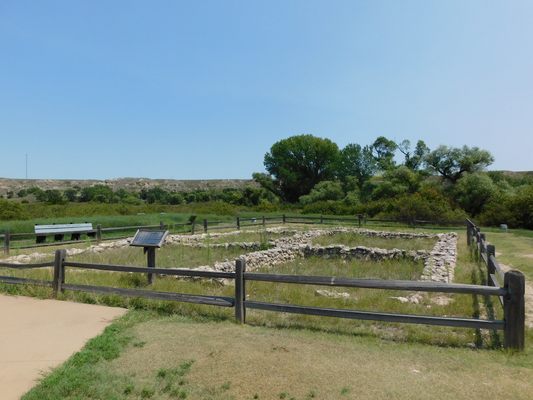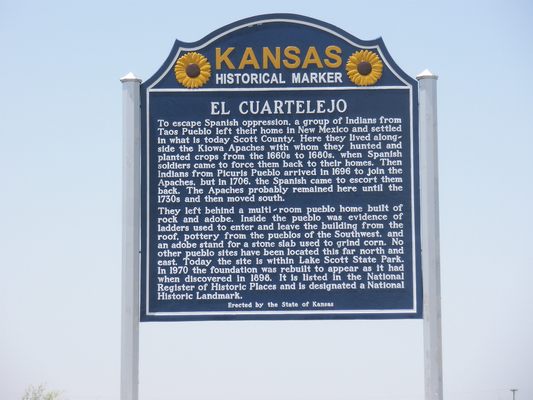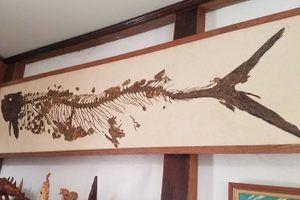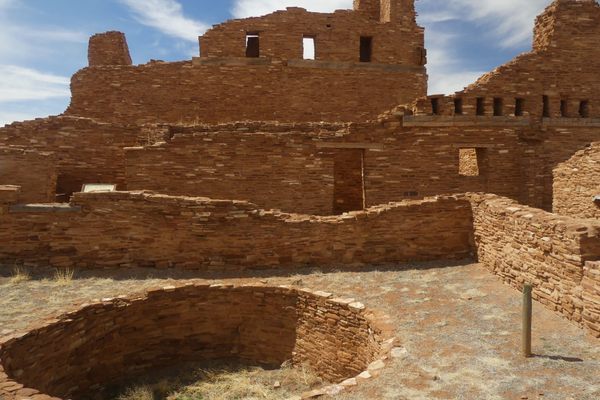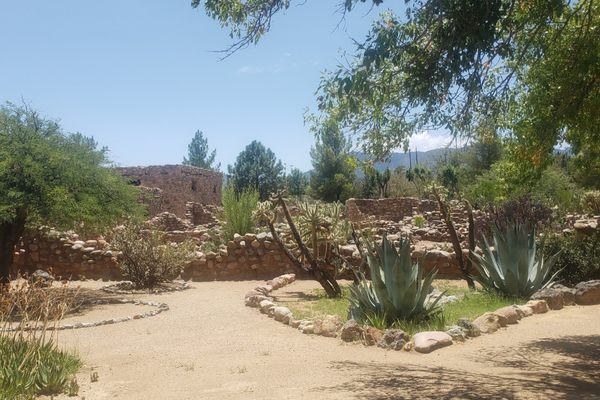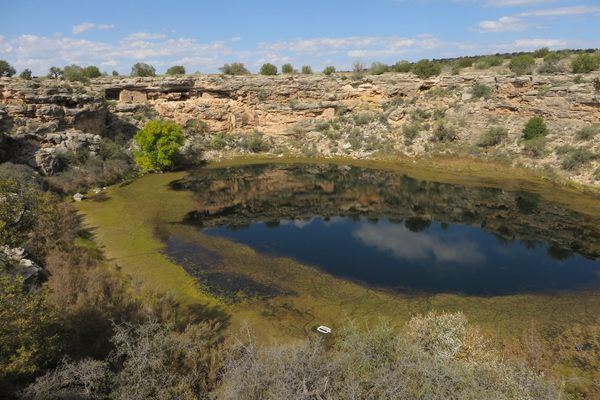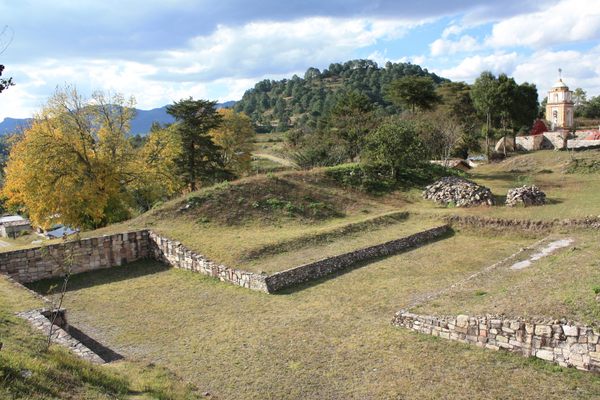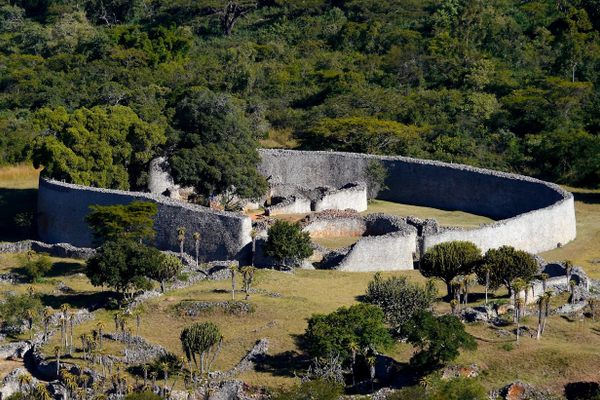About
Contrary to some beliefs, Native history and culture cannot be reduced to a reaction to first contact. Nations would intermingle, migrate, share cultural practices, and fight with each other and with the European settlers. At the ruins of El Cuartelejo, the northeasternmost pueblo in what is now the United States, is an important touchstone that linked southwest and plains cultures.
In the 1600s, the area of Kansas near what is now Scott City was home to a band of Apache people who had lived in the area since at least the 1400s. Meanwhile, in the Southwest, colonized Pueblan people were rebelling against the harsh conditions imposed by Spanish rulers in present-day New Mexico. Pressed into servitude and stripped of their traditions, some Pueblans would run away to “El Cuartelejo,” the “far away room.”
In 1640, a group of Taos Pueblans rose up against the Taos mission, killed the mission priest, and escaped. They met and lived among the Apaches, and built a homestead, including a seven-room pueblo using adobe and stones from the surrounding hills. For over 50 years, it stood as a home and trading post, as the Pueblo and Apache would be joined by Picuris and Tewa Puebloans.
The Spanish led several expeditions to capture the Pueblo escapees and force their return. The most famous was led by Juan de Ulibarrí in 1706. By this time, the Cuartelejo people were claiming mistreatment by the Apache, and were under threat from Comanche, Ute, and Wichita nations. The Picuris willingly returned to New Mexico under guarantee of safety. The Cuartelejo Apache remained, but were driven out by Comanche raids in the 1730s. El Cuartelejo was briefly occupied by French traders, but would soon be abandoned and destroyed.
In 1899, El Cuartelejo was rediscovered when homesteaders Herbert and Eliza Steele called in archeologists after finding mounds in the area. Further excavations found more artifacts, but degraded the site, and in 1970, the pueblo was partially reconstructed in the style of the original landmark. Today, El Cuartelejo is a National Historic Landmark and part of Lake Scott State Park.
Related Tags
Know Before You Go
Historic Lake Scott State Park is open to the public. Those interested in learning more about the history of the area can visit the nearby El Quartelejo Museum in Scott City.
Published
December 14, 2023

